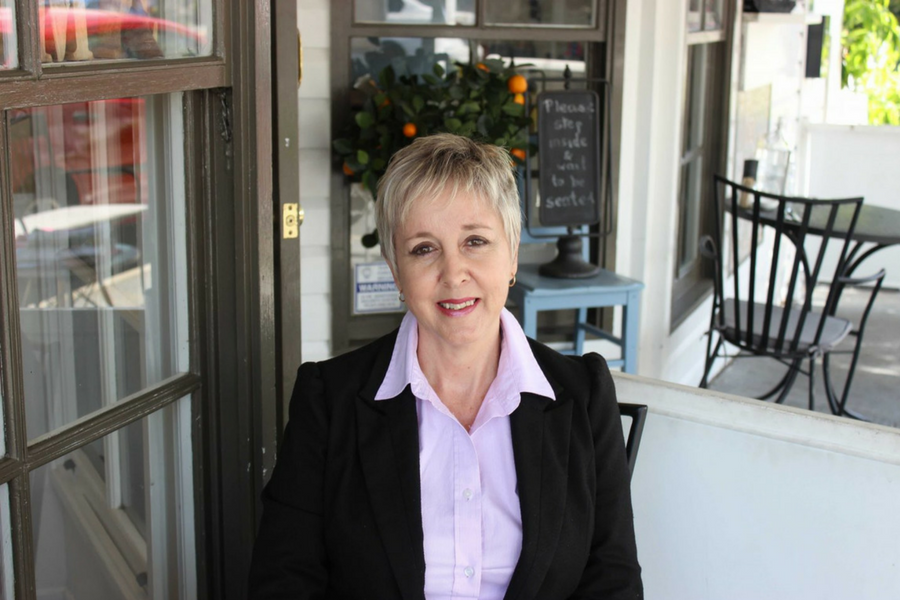Recognising the persisting gap in diversity among tech founders both globally and within Australia, a growing number of organisations and community members have stepped up the plate to help women entrepreneurs launch their own business.
This year alone has seen the establishment of Tech Ready, a program teaching non-tech female founders the basics as they get started, and SBE Australia’s E3 program, which aims to help female tech founders who are past the idea stage, but not yet ready for the core accelerator program.
These programs, however, are based within Australia’s major cities, meaning those in regional, rural, and remote [RRR] areas are left outside of the spotlight.
Aiming to help upskill RRR-based women entrepreneurs to help them pursue their business ideas is the Women in Rural, Regional and Remote Enterprises (WiRE) program, a startup built out of the University of Southern Queensland (USQ).
Leveraging key members in the startup community, the program works to research entrepreneurship and build frameworks which can help support women founders across the state.
Founded by Retha Wiesner, the Professor of Human Resources Management at USQ, WiRE emerged from Wiesner’s desire to help women in the RRR community achieve their career dreams.
“My motivation for founding the program was to help support more women to create the ventures, businesses or initiatives of their dreams to support their communities. We’ve now worked with over 300 female entrepreneurs in Queensland to work towards this goal,” she said.
Working to launch the program over two years, Wiesner refined the concept for WiRE with the Queensland Rural Regional and Remote Women’s Network (QRRRWN), a strategic partner of the startup’s.
The organisation, which also works to provide support for women entrepreneurs throughout Queensland, conducted a think tank with successful female startup founders and businesswomen from rural areas to gauge the viability of the program.
Supported by funding from the Australian Government’s Women in STEM and Entrepreneurship Program, WiRE ran 15 regional innovation “pop-ups” to determine the “pain points” of RRR-based women entrepreneurs, and promote awareness of the upcoming program.
Kicking off this year, the program launched with the help of the CSIRO’s ON Prime program, a pre-accelerator which helps startups validate their ideas and work towards launching them into the market.
Wiesner explained that the WiRE program sees a number of activities and event run both across RRR Australia and online to help participants grow their entrepreneurial skills.
These include regional innovation pop-ups, an international/rural/urban connections forum, a series of webinars, residential business growth Bootcamps, mentoring and peer learning digital hubs, virtual workshops, individualised coaching, and a scenario planning workshop with partners and key stakeholders.
“These face-to-face and virtual training, networking, mentoring and workshopping activities and all help develop the necessary skills in RRR women to successfully take their dreams to the next stage,” Wiesner said.
Helping manage both the offline and online program are facilitators including Alison Mobbs from the QRRRWN, David Masefield from Startup Toowoomba, and Joy Taylor, community manager of Canvas Coworking.
“The WiRE program also incorporates its own research team from various faculties in the University of Southern Queensland,” added Wiesner.
“The team [also] has a broad network of mentors, comprised of numerous successful female entrepreneurs and entrepreneurial leaders in regional, rural and remote Queensland and Australia.”
Discussing what she’s taken away from WiRE’s work with regional entrepreneurs since launching, Wiesner said she has been able to gain insight into the worth of ideas and talent held by women across RRR communities, and a need for both a profit and community focus in rural areas.
“A focus on women in all stages of their venture is needed in the rural space,” she said.
Also placing a focus on supporting regional innovation is the Rural Business Collective, which looks to facilitate collaboration and mentorship for regional businesses.
The Collective’s online platform hosts an “integrated, member driven community” of startups and small business owners who are able to connect with each other, access mentorship, and seek information.
With October quickly approaching, Wiesner said the end of the month will see over 300 women participating in WiRE’s innovation pop-ups across Queensland. Over 100 entrepreneurs are set to undergo the startup’s 19-hour bootcamps, while she said several hundred more will be participating in the online webinars.
“Those are exciting figures that demonstrate the growth, popularity and significant need for the program,” said Weisner.
“We hope that by the end of the year, a number of those WiRE participants will be in a position to showcase their venture progression achievements. The aim is to continue to develop our business model to potentially expand the program to the rest of Australia and overseas.”
Image: Retha Wiesner. Source: AgAlert.




















Trending
Daily startup news and insights, delivered to your inbox.